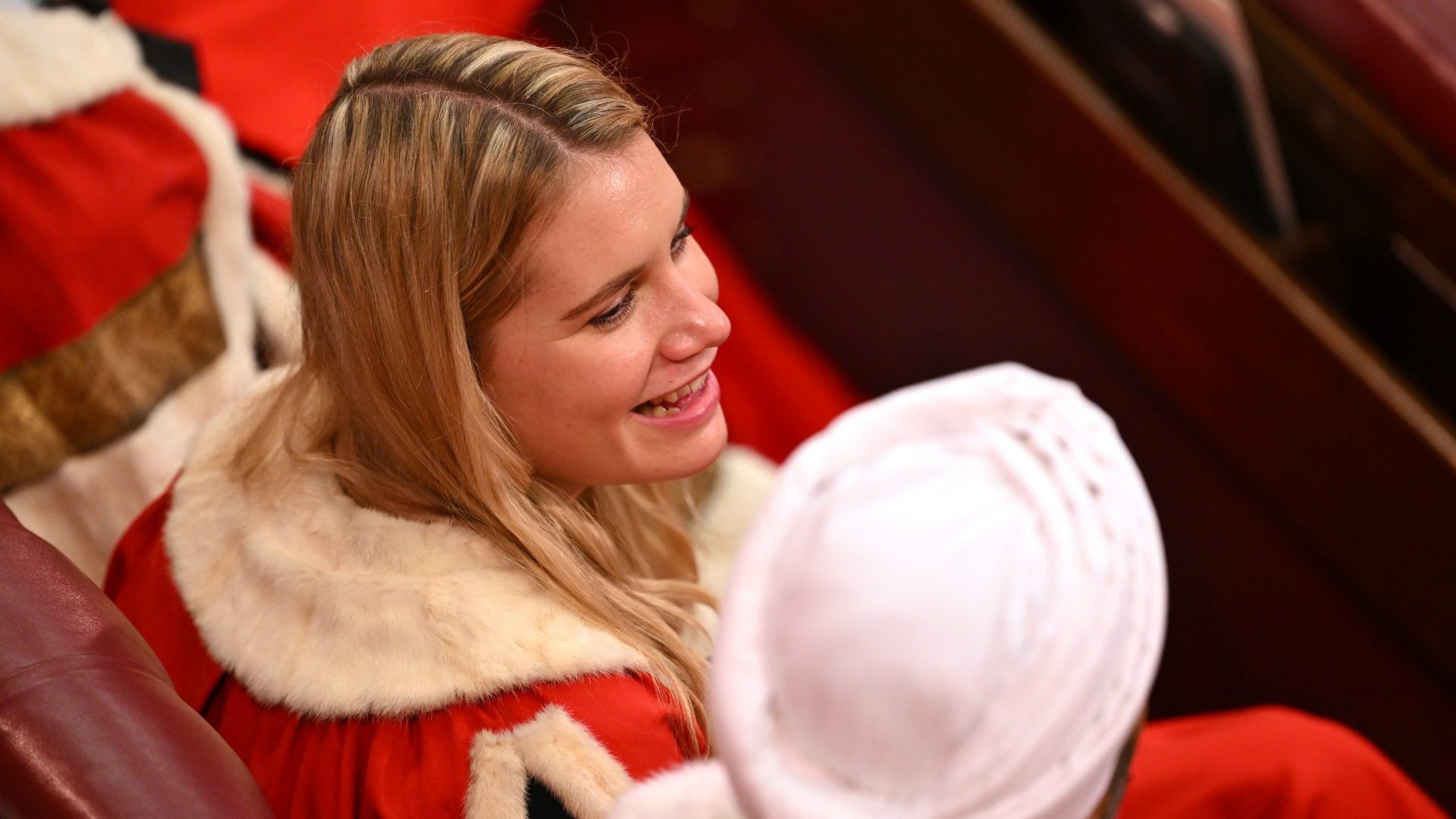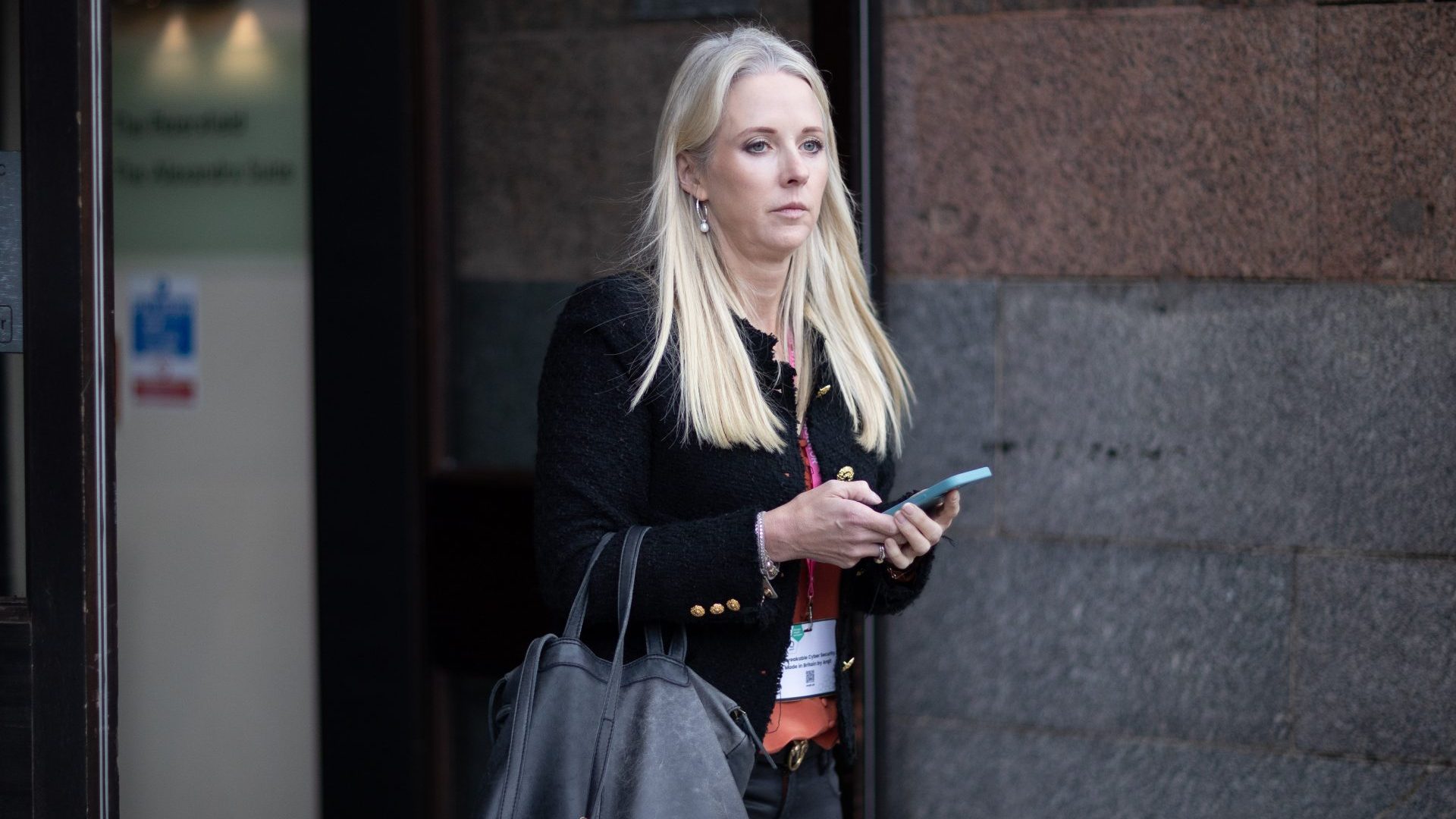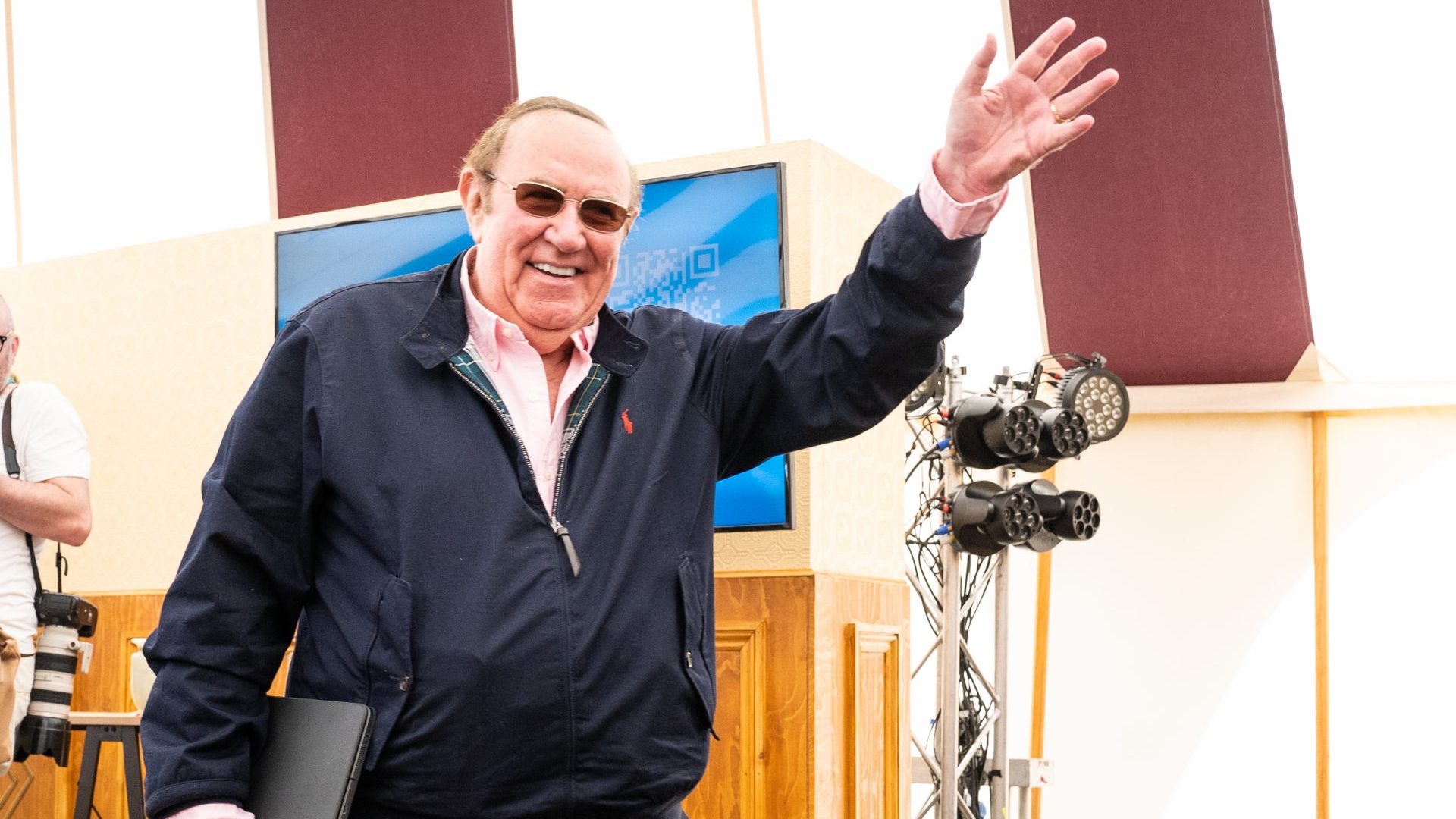Last month Rats in a Sack reported on how the House of Lords Appointments Commission had been ordered to publish the explanations Boris Johnson provided for sending two young, inexperienced aides to the Upper House.
Now the reasons are publicly available… and it remains as mysterious as ever.
In 2023 the former prime minister handed peerages to Charlotte Owen, then 29, and Ross Kempsell, then 30, allowing them to shape and vote on legislation for the rest of their lives despite pretty flimsy CVs. Owen had been a parliamentary assistant to Johnson in Downing Street with duties no more senior than scheduling meetings for the PM, while Kempsell had veered between life as a Tory researcher and right-wing hack.
In December freedom of information consultant and trainer Martin Rosenbaum won an information tribunal case with the argument that revealing the explanations and other names who backed the pair would be in the public interest.
Now, after the House of Lords Appointments Commission chose not to appeal the verdict, the explanations are here – albeit heavily redacted.
Explaining Owen’s elevation, the report says that Johnson “entrusted Charlotte with engaging the parliamentary party on his behalf and she was essential to maintaining his relationship with them”. It adds that she “led on many sensitive and key projects including advising the prime minister and the chief whip on suitability for ministerial appointments during the reshuffle”. In addition the report states that “she is the first generation in her family to attend university and is passionate about mentoring young people in politics”. She was backed by former cabinet minister Grant Shapps and Chris Heaton-Harris, although their reasons for doing so are entirely redacted.
Kempsell’s life peerage is lengthier, listing his achievements as the head of the Conservative research department and a special adviser in Downing Street, although it does curiously add that he “continues to have a strong interest in broadcast media” and “studied at the University of Cambridge and graduated with a double first”.
Rosenbaum says: “The reasons cited for nominating Owen to membership of the House of Lords do come across as very thin, inadequate and lacking in evidence of relevant achievements. They leave her peerage as a mystery rather than properly justifying and explaining it.”
As Rats in a Sack pointed out last month, though, Owen has been by far the more diligent of the two, speaking and voting regularly and piloting a backbench bill to ban deepfake pornography. Kempsell, meanwhile, has managed to speak just six times in 18 months and now combines his duties with those of his day job – editor of the anti-elitist Guido Fawkes website.




